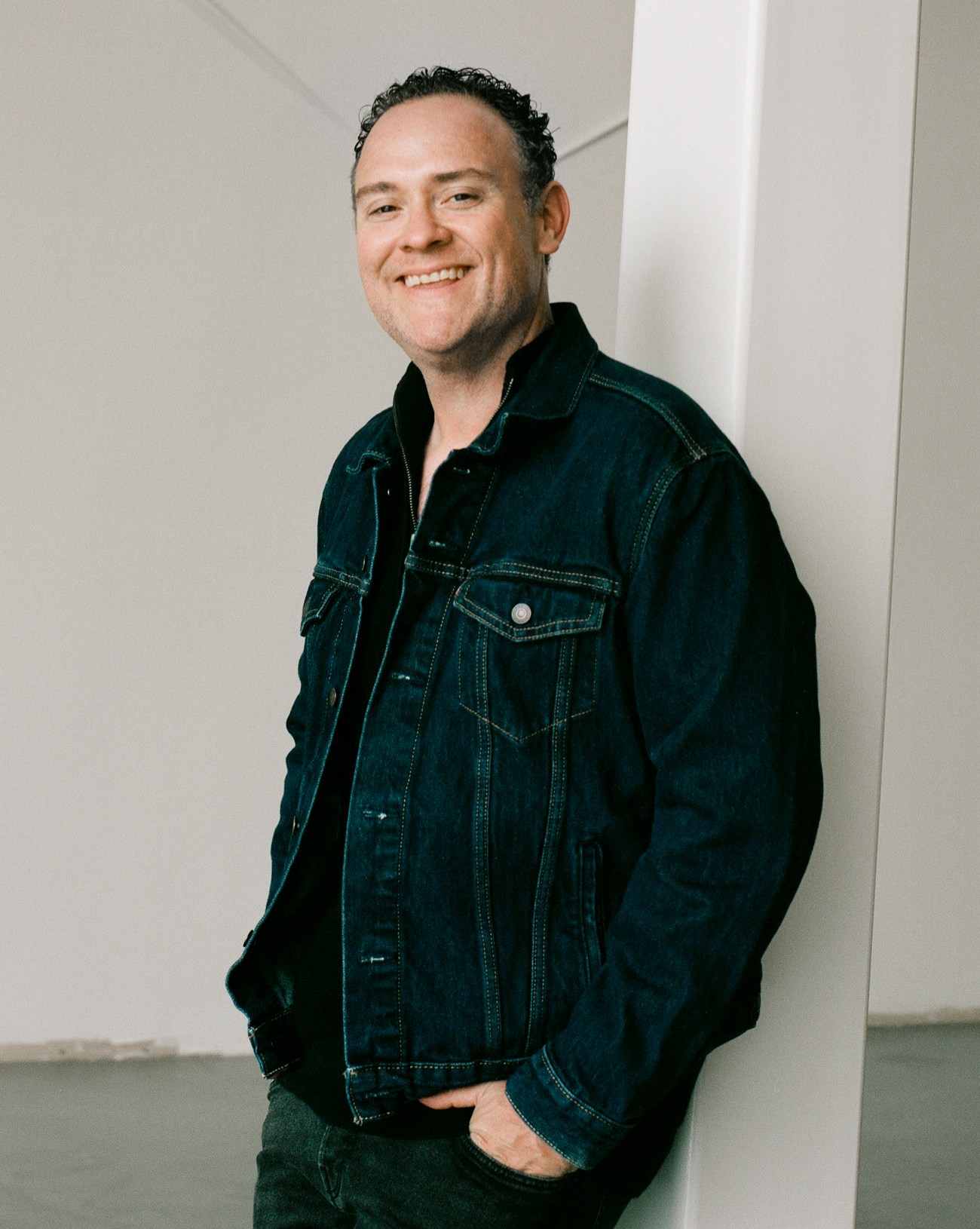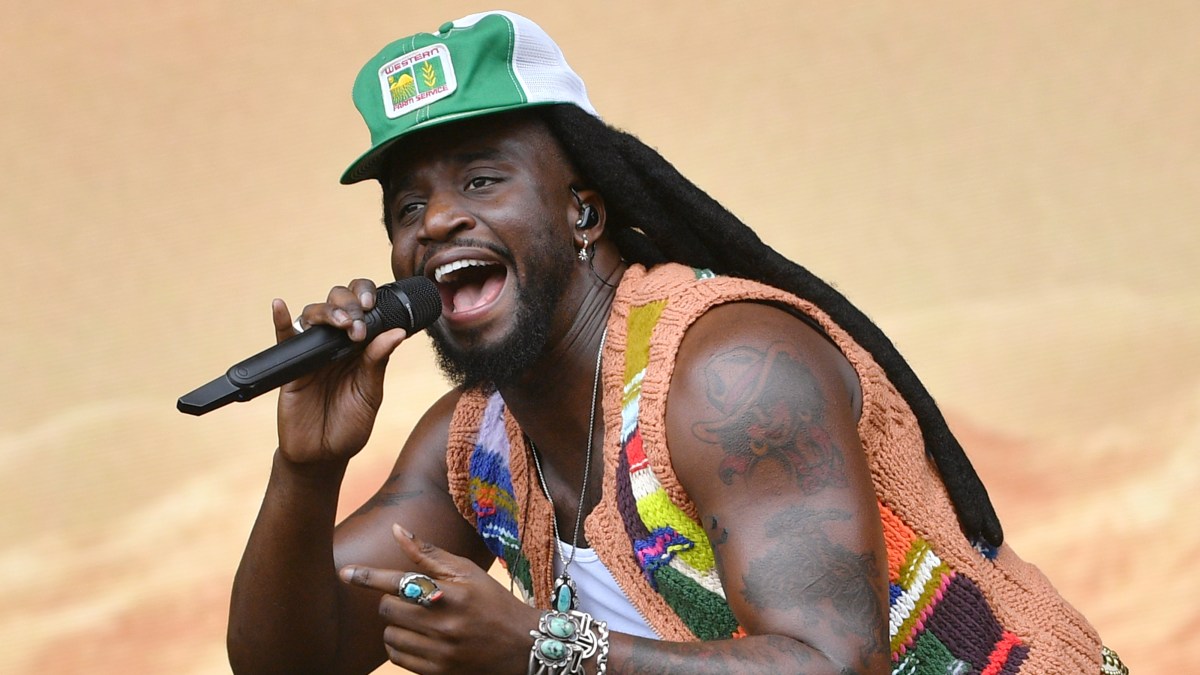When Shaboozey counts one to five on his fingers in his Billboard-topping hit A Bar Song (Tipsy), more than four million savers with the FTSE 100 fund manager M&G should be singing along.
The American singer, who belted out a rendition of the earworm to crowds at Glastonbury this year, spent a record-breaking 19 weeks at No 1 with the song last summer.
The three-minute track about downing double shots of whisky is punctuated with Shaboozey’s distinctive counting rhyme, which is based — “interpolated”, in music industry jargon — on a 2004 hit by the American rapper J-Kwon. That earlier song is owned by a company belonging to M&G and, in a bizarre twist, this encouraged Shaboozey to borrow from it.
M&G’s role in Shaboozey’s success is down to a business called Seeker Music, which the fund manager set up in 2020 with a view to investing in the music industry.
The Californian-based business buys music catalogues to receive revenue when the songs are replayed. Among its top 20 revenue producers are Joan Jett’s I Love Rock ’n’ Roll, Justin Bieber’s Ghost and Lewis Capaldi’s Before You Go. Seeker also bought a catalogue of songs by the two writers of J-Kwon’s Tipsy.
Seeker also has a strategy of finding ways to “flip”, or interpolate, songs into formats modern audiences would prefer.

Lewis Capaldi is one of the top revenue producers for M&G’s Seeker Music
JASON KEMPIN/GETTY IMAGES
Evan Bogart, Seeker’s chief executive, himself a successful songwriter behind hits for Beyoncé and Rihanna, explained that this is where Tipsy comes in.
He remembers loving J-Kwon’s tune 20 years ago. “When that song came on in the clubs, people just lost their minds, at least in Los Angeles,” said Bogart, 47.
M&G deliberately sought him out when it decided to look for ways to invest in the music industry. He is from a family of musical royalty, his late dad Neil being the brains behind Casablanca Records, which signed the likes of Donna Summer and Village People, and his mum the manager of Kiss.
“One of our goals back in 2020, when the company first started, was to become the premier catalogue company for ‘flipping’ songs — for reimagining songs in today’s world,” said Bogart.
Tipsy is an example of what Bogart — and M&G — had in mind. Seeker Music approached Shaboozey, who appeared on Beyonce’s Cowboy Carter album, and his writers to start “pitching ideas from our catalogue to interpolate for Shaboozey’s album”, as Bogart put it.
“They gravitated towards Tipsy,” said Bogart, as he tunefully sang the one-to-five counting passage to demonstrate what had been ‘flipped’. (He is particularly keen on the drum section in the J-Kwon version.) “[Within two months] they reimagined it into this country hit, this monster hit. It is pretty miraculous.”

Shaboozey appeared at the “Beyoncé Bowl”, the NFL 2024 Christmas Day halftime show in Houston, Texas
GREG NOIRE
M&G could have achieved exposure to the music industry by investing in funds such as Hipgnosis Songs Fund, founded by Merck Mercuriadis and Nile Rodgers, which used to be listed in London but has since been taken private by the private equity firm Blackstone; or Round Hill Music, which was also listed in London until two years ago; or other private equity firms such as Lyric Capital Group.
But M&G decided it could generate better returns by setting up on its own, because of the scale of the potential investments that it could make. Technically, Seeker Music is majority owned by M&G’s £128 billion with-profits fund, which in turn is owned by its four million policyholders. These include the 500,000 retail customers who save with the PruFund, often to put money by for their retirement. The rest is owned by M&G’s big institutional clients, such as pension funds.

Shaboozey and J-Kwon perform together in Los Angeles last year. A 2004 hit for the rapper was “flipped” for A Bar Song (Tipsy)
KEVIN WINTER/GETTY IMAGES
Music royalties — which are received as songs are replayed, downloaded or used in films or in adverts — are regarded as a steady income stream that can help to meet the future needs of savers.
Ciaran Mulligan, chief investment officer at M&G’s life insurance arm, said owning Seeker Music provided two sources of income. “It’s the regular income from the royalties when people download songs. That obviously generates a revenue stream, which the Seeker company gets,” he explained. “It’s also the creativity that’s involved in the company where they own songs and the royalties of that. If they slice and dice and take a little part of one song, and then define that as a new song, that generates a new income stream.”
M&G’s life business also uses this model to own stakes in other businesses, such as Sky aircraft leasing. It means, too, that the company’s investors stand to make profits should the companies be sold.
The fund manager reckons that Seeker has bought up $300 million (£220 million) worth of music royalties, with 17,000 copyrights and master records that generate revenue of more than £17 million a year. It previously said it was targeting a mid-teen internal rate of return — a measure of profitability — from its investment by the time it makes its exit.
Seeker Music would not disclose how much it was receiving from A Bar Song (Tipsy), for which it has “fractional ownership” with the new writers. Bogart admitted that he “fell off his seat” the first time he heard it, but reckoned he could repeat the success.

Seeker Music’s Evan Bogart said of the J-Kwon “interpolation”: “They reimagined it into this country hit, this monster hit. It is pretty miraculous”
“We have carefully constructed yearly [key performance indicators] and targets. It’s a weird thing to say that we’re trying to have all this creative success but we measure ourselves through finance. But that’s the business we’ve created.”
A Bar Song (Tipsy) will take some beating. It has racked up 1.4 billion streams on Spotify and is now into its 69th week in the Billboard charts — although it has slipped to No10.
